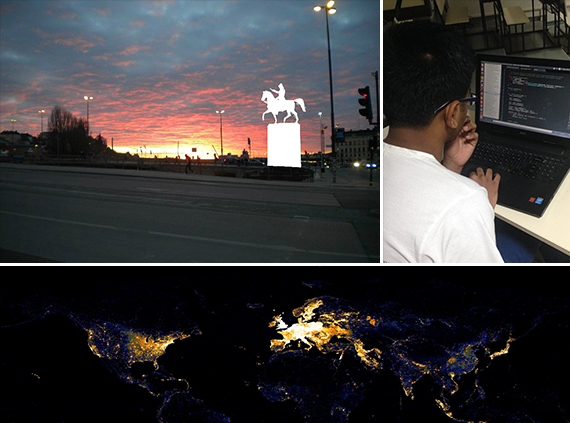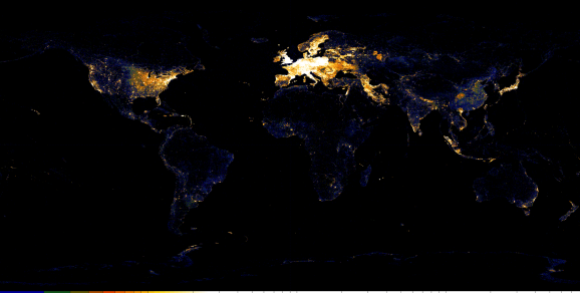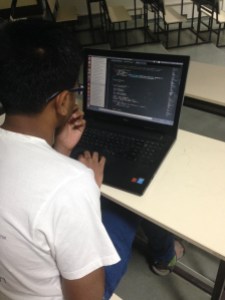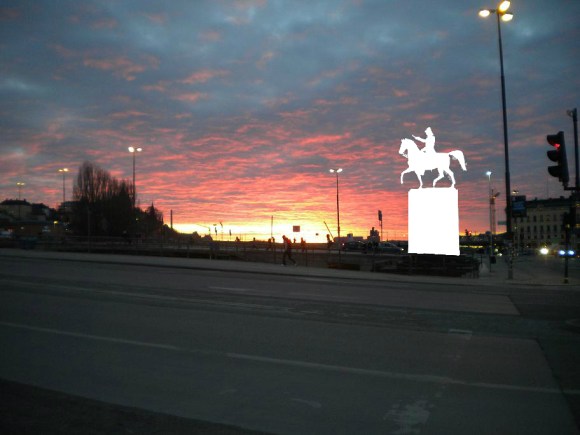
Here are the highlights from the Wikimedia blog in April 2016.
Contents
Find, Prioritize, and Recommend: An article recommendation system to fill knowledge gaps across Wikipedia

The Wikimedia Research team has designed a system that finds, ranks, and recommends missing articles to be created across different language versions of Wikipedia. It takes into account editor interests (extracted from their public contribution history), proficiency across languages, and the projected popularity of an article in the target language, if it were to be created. One controlled test of these results show that recommendations tripled the rate at which editors create articles, while maintaining the same level of article quality.
The tool comes with an API, currently integrated into the Content Translation tool. Over the coming months, the Wikimedia Research team will be monitoring the tool closely to learn more about how it’s being used by editors and how it can be further improved. If you try out the article recommendation tool, you can provide the Research team with feedback on our discussion page.
First-ever Wikimedia Hackathon at Indian Institute of Technology Roorkee

The Indian Institute of Technology Roorkee hosted a one-day session to help students understand the working of the MediaWiki community. The day-long hackathon included every aspect of MediaWiki, from installing the software, setting up the environment to fixing some easy bugs, and submitting the patches for review. It was attended by 20 students, who were given certain pre-requisites and were selected based upon the fulfillment of these, thereby making certain that all the attendees were at the same phase. At the end of the day, we had 15 successful patch submissions (pushed) to the core. Additionally, 5 more changes have been committed locally and are to be pushed (as of now).
A strike against freedom of panorama: Swedish court rules against Wikimedia Sverige

The Supreme Court of Sweden has ruled against Wikimedia Sverige (Sweden) in a case involving freedom of panorama in the country. The Court decided that Swedish copyright law does not allow Wikimedia Sverige to post images in its online database offentligkonst.se (a website / database covering publicly placed art) without permission from the artist.
The Wikimedia Foundation respectfully disagrees with the Supreme Court’s decision to erode the freedom of panorama that is a fundamental part of freedom of expression, freedom of information, and artistic expression. As we read it, the Swedish copyright law in question only limits the production of three-dimensional copies of sculptures, and cannot be interpreted as placing limits on pictures of public art being published on the internet. The fact that the copyright law allows images of public art on postcards, even for profit and without the artist’s consent, demonstrates this intent and, in our opinion, is inconsistent with the Supreme Court’s interpretation of the law.
In brief
Andrew Sherman, Digital Communications Intern
Wikimedia Foundation
Photo Montage: “Sunset over Lake Mälar with 1854 statue of Carl XIV John of Sweden removed” by Jacob Truedson Demitz and KJacobsen, CC BY-SA 4.0; “Wmhack-5” by Saurabh Jain, public domain; “Wikidata English map” by Markus Krötzsch, TU Dresden, public domain/CC0. Collage by Andrew Sherman.
| For versions in other languages, please check the wiki version of this report, or add your own translation there! |

Can you help us translate this article?
In order for this article to reach as many people as possible we would like your help. Can you translate this article to get the message out?
Start translation